HILARY SAYS:
I decided I would like to provoke a comment or two
this week, so that I’d better write something controversial, such as my belief
that within a hundred years the notion of eating animals will be repulsive,
akin to eating human beings.
This led me down a path of exhorting you readers to
turn off your heater, put on another jumper, and sacrifice a degree of comfort
in order to save our planet. I ran this nothing-to-do-with-playwriting draft by
my fellow 7s, and what arose were two interesting strands of discussion.
Firstly, that of the Individual Voice vs the Collective Voice, and this isn’t
Hilary’s Blog after all, but 7-On’s (not all of them share, necessarily, my
feeling that warmth is overrated).
The other strand, and
the one I’ll pursue, is the theme of being uncomfortable as it pertains to
writing for the theatre. The other 7s responded severally, with their notions
of what this meant. To one person, it’s the feeling that “rehearsals are like walking on bits of broken glass with a smile
frozen on your face, yet it’s the moment we live for... Maybe playwrights
are the ‘unevolved’ of the human race: we don’t actually want to get too
comfortable.” To another, it is “the fear some companies have
about programming work that makes an audience 'uncomfortable' – unfortunately
they use that very word, bland as it is. I find difficult work that upsets me
actually strangely comforting in that it reminds me that I'm not alone in the
world. I'm not talking about easy shock tactics but work that seeks to
understand, even if it doesn't fully succeed.” And a third: “The work that makes me uncomfortable is safe and boring and reminds me
of what I thought was theatre when I was a kid. Often the distressing bit is
that it’s bloody predictable and cliché-ridden and doesn't challenge anyone.” This
7 went on to give the example of politically correct theatre, which no one
dares question or criticise.
It’s interesting
to see, at the various points along the way, the role discomfort plays in
creating a piece of theatre. There’s the initial spark, the question that comes
into your head that you can find no easy answer to. The persistent thought, irritating
as a grain of sand in an oyster, that refuses to go away but demands
investigation. Or the arresting image you come across, or the confronting
phrase, or the person you meet who gets under your skin, and won’t be
dismissed. As far as I know, no writer is inspired by a blissful moment,
because this is complete in itself: it doesn’t require understanding. It’s the
incomplete, the niggling, the confusing that provides fodder for a writer.
And then there’s
the research. Making yourself go and talk to strangers, or read stacks of disturbing
material. And the writing itself, which requires you to enter the world of the
play, the mind and body of your characters. This kind of work invades your
dreams. How many of us have sworn that “after this, I’m going to write a
comedy”?
Not to mention
the kind of self-criticism that dogs the working playwright. “Is that actually
truthful?” “I’m ripping off the film I saw last night.” “What makes me think
anyone’s going to care about this?” You’re in a constant tussle with your
superego, just trying to get words down on paper.
I was talking to
a friend last week about my fear of being judged. She looked at me amazed and
said, “Then why on earth are you a playwright?” Good question – and I suppose
the answer is that the rewards outweigh the fear. The pleasure of that irritating spark; the excitement of seeing
something unspooling from your fingers on the keyboard; the joy of solving a
problem; the satisfaction of building a beautiful structure; the gratitude towards being taken seriously by a bunch of artists on the rehearsal room floor. And
beyond the rewards there’s the drive to do it, the utter discomfort,
physical and mental, that I feel when I’m not engaged in making something.
Without discomfort,
we wouldn’t do it. Discomfort is the writer’s friend. So if you’re having
trouble getting any work done, turn off the heater and see if it helps.
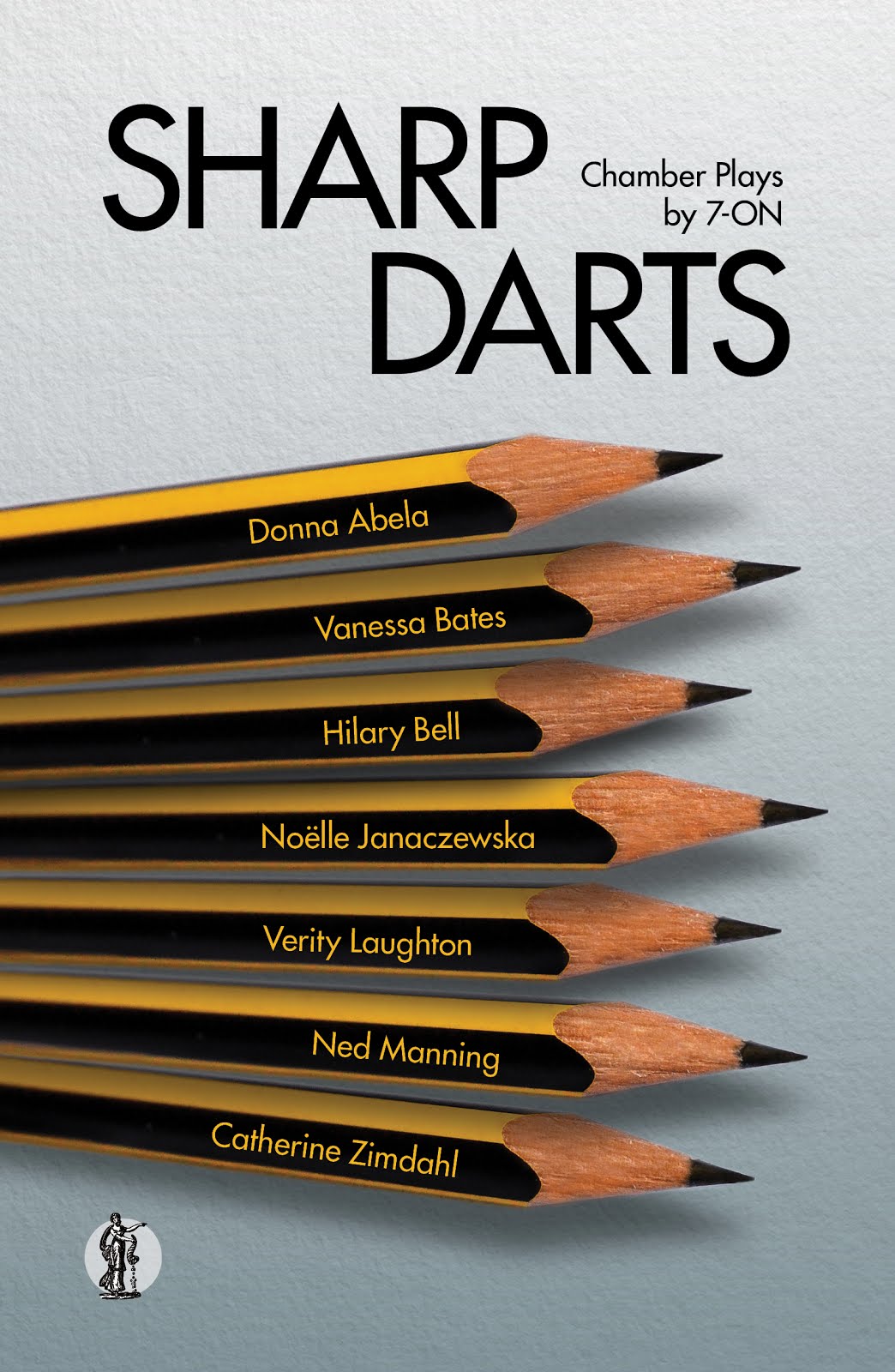

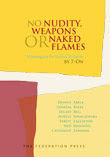
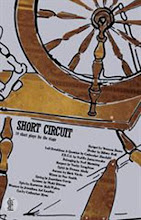

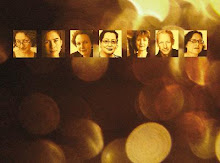
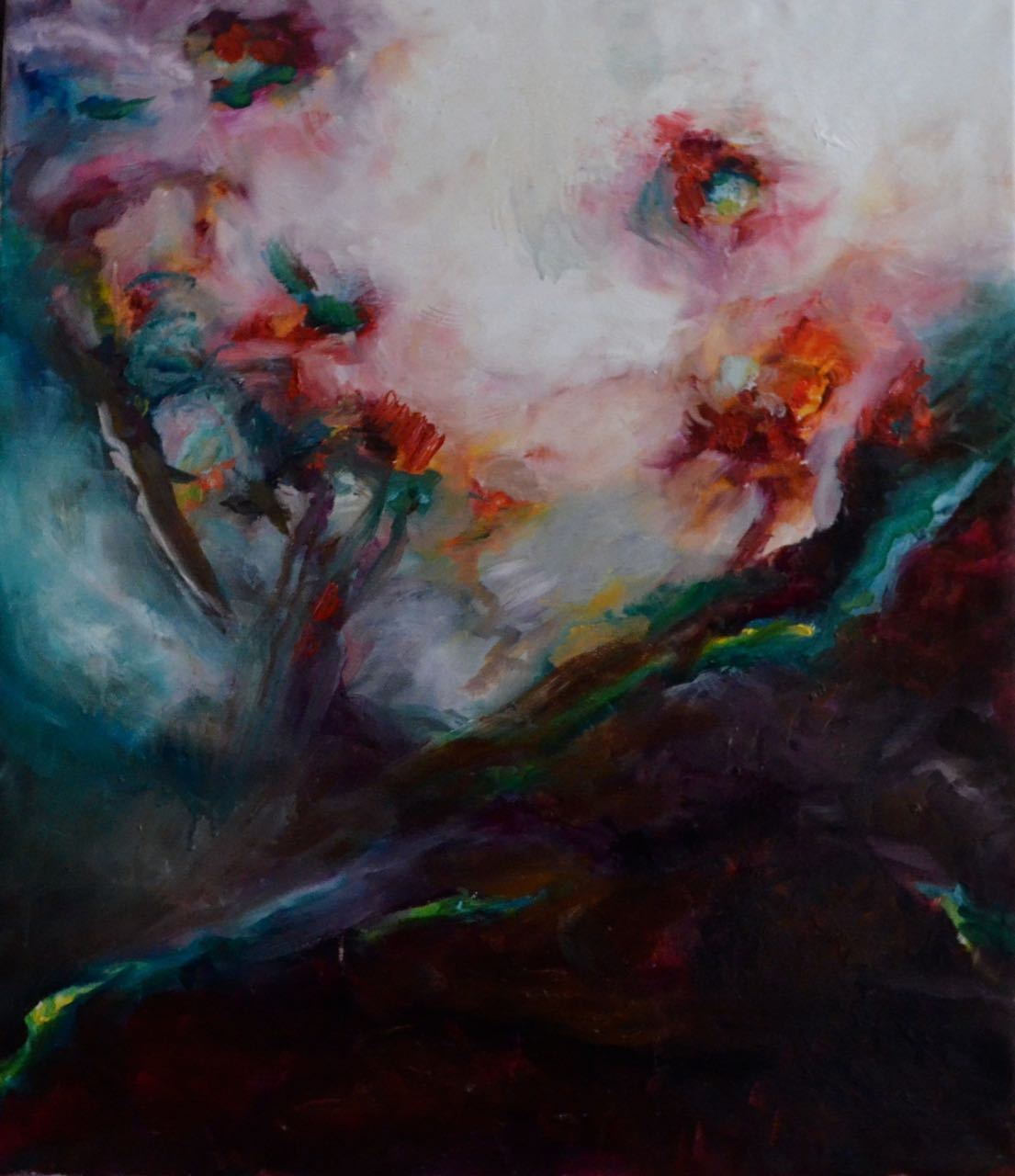
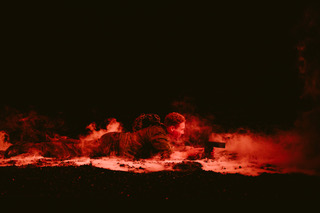

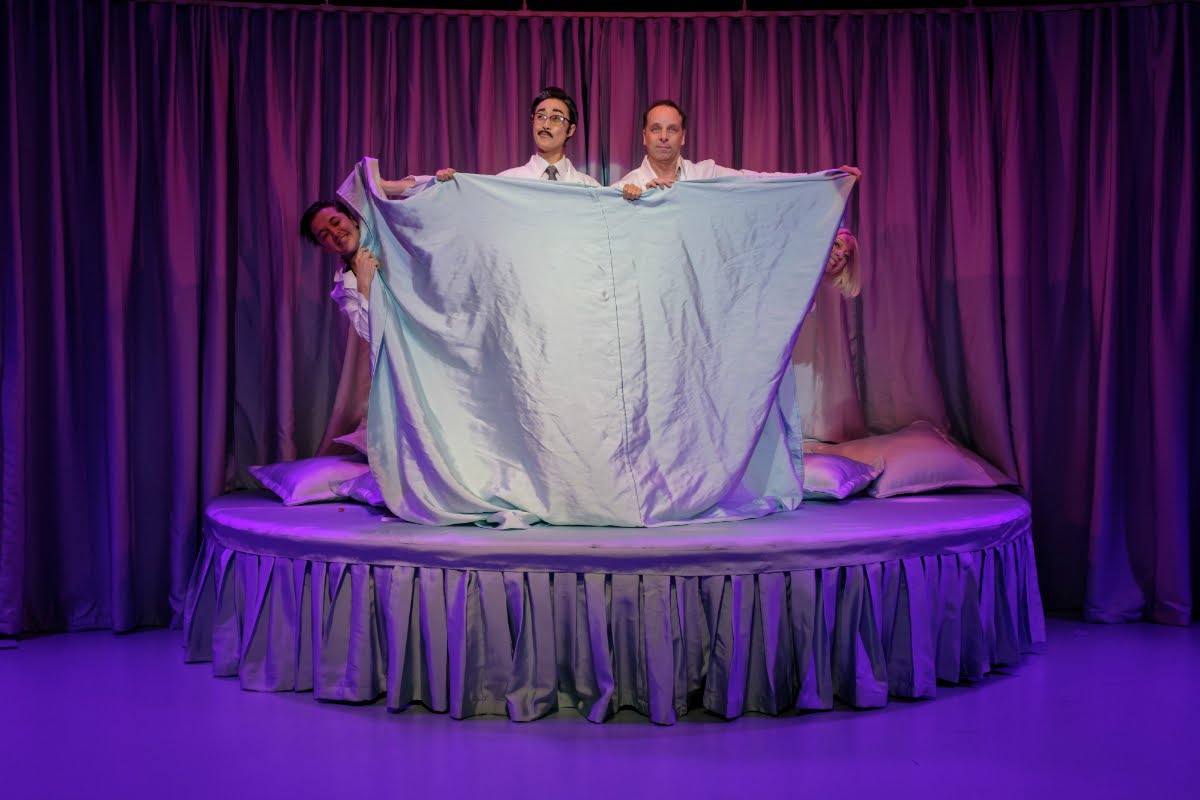


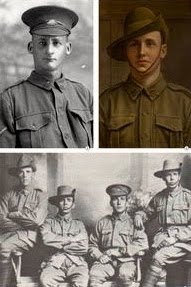
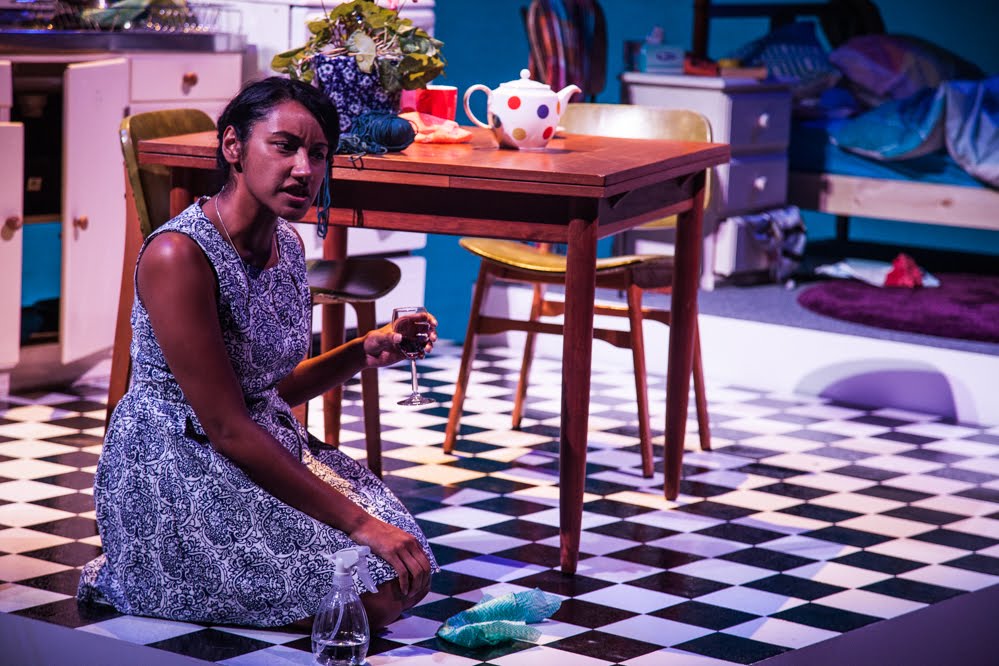
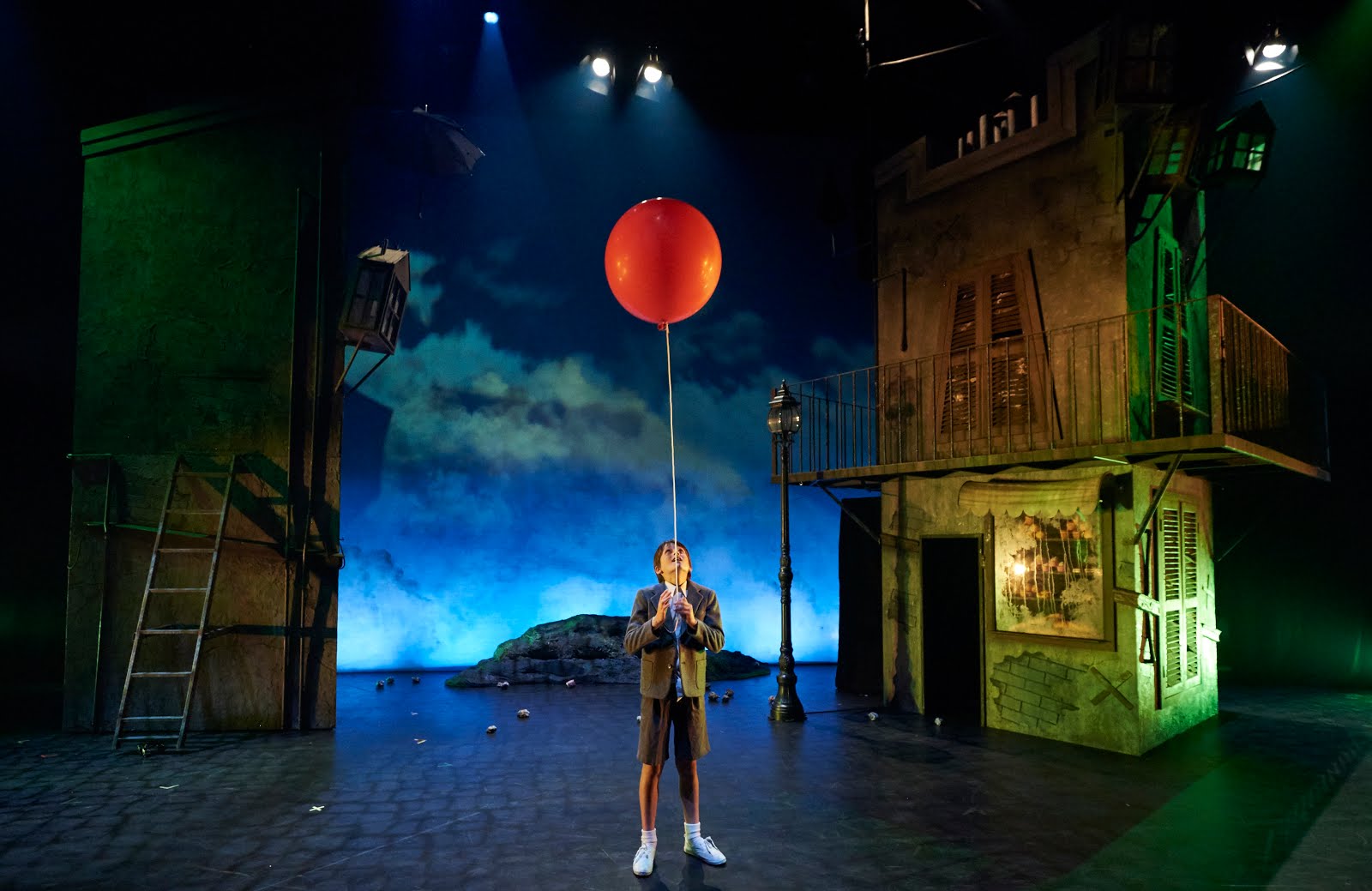

4 comments:
There are many different types of discomfort that arise from very disparate sources. There is the feeling of discomfort stemming from knowing you've done the wrong thing and are waiting to be punished for it, and the feeling of discomfort stemming from knowing you've done the right thing, and are waiting to be punished for it. There is the feeling of discomfort of having a piece of metal stuck in your face because you are at war and have just been shot, and there is the feeling of discomfort of having a piece of metal in your face because you paid someone to put it in there because you think it makes you look more attractive. There is the feeling of being cold because you are marooned in the Antarctic, and the feeling of being cold because your wife has just turned off the heater during the winter in order to save the Earth.
Years ago, on one of my first visits to Australia, a propos of something or other, someone said to me, disapprovingly, 'You Americans will do anything just because it's more comfortable." To which I answered, "Yes. And your point is…" It's true, Australians are generally more fond of discomfort than Americans. It must be why people often look uncomfortable in sex scenes in Australian films - I guess they feel that if both people are uncomfortable they must be having really good sex.
The most uncomfortable thing about being an artist is trying to get paid for doing your work, because very few people really believe that you deserve it, including the people who owe you money. They like what you do, they just don't want to pay you for it. Paying artists makes them uncomfortable, the uncomfortable feeling of giving up their money for something they really believe they should get for free. And the best way to avoid paying for it is to make you feel uncomfortable for asking to get paid.
The older I get the more important it becomes to be comfortable. I think as you get (even) older this just becomes more important, like if you can just sit comfortably for a while, you're pretty happy. In my opinion discomfort is over-rated.
Phillip Johnston
Rich territory this – a winter’s tale in which we all exit pursued by a bear. Well, you would wouldn’t you? I imagine controlled discomfort: me sitting in front of a consol adjusting gauges and levers of worry and pain, plot and character, dialogue and story. Every now and then it works and what joy that. Other times it is as a compass passing over the Arctic Circle. Never mind true north, any kind of north will do. Or worse, becalmed in a sea of waiting.
Being a beginner I wonder at the comfort of doing it alone, with none to judge that which those more true have experienced. Then I think I should swap the voices in my head for the voices of others. Aren’t they the same after all? Public is different to private, but what makes you think you can? Who are you kidding? Too much of one thing, not enough of another. I take my hat off to those who can - and do - and I say good luck to your courage, which though a different beast to discomfort probably drinks at the same tavern. My shout.
Thank you for a stimulating post.
I believe artists should be comfortable – for their curse is that they will perpetually sit in an uncomfortable place. They are the conduit between the drudgery and cruelty of the real world and beauty and lyricism of the imagined world – they translate one world for the other – offering perspective between the two realms for the greater good of those that sit in a comfortable place, and yet long to be uncomfortable.
The artist longs for comfort.
The audience longs for discomfort.
And the wonderful symbiosis between the two needs keeps us (artist and audience) bonded in a pisces stare.
Artists often sacrifice immediate comforts (the heater included) for prolongued or future comforts. By that I mean they go without fame, or fancy cheese, money or companionship – so that perhaps one day they have long-lasting legacy, endless cheese, rooms full of cash in their Summer houses and a string of devotees. There is a sense that the individual’s suffering is for the greater good.
For in discovering the uncomfortable we grow.
In growing we suffer the universal: pain. It is at these pain points that we find compassion and clarity, understanding and empathy for each other. We become better people for the sake of our society - so that we can forgive each other, or ourselves.
In fact, the myth of the artist as the lone wolf renegade: lonely, misunderstood, unsatisfied and ultimately uncomfortable has long been perpetuated. But I, for one, think it is utter and complete selfish and self-indulgent nonsense.
For I know that each artist needs great, and unerring and sustained support and love to make great work. They need the guarantee of space, money, the potential of acknowledgement, attendance, attention, respect, acceptance – they need community. And community brings comfort.
Art is made not just by artists by those whose support (financially, emotionally, physically, philosophically, practically) make it possible: they are our parents, partners, lovers, friends. Those that inspire us, cajole us, chide us, cheer us, make our dinner, buy us coffee: those who comfort us when it’s all too much, or too little or seemingly too late.
For theatre writers, they have the comfort of the collective energy, intelligence and attention of the actors, designers, directors and audience. They need to feel safe in their role, they need to be comfortable so that they may have the freedom to reveal the “uncomfortable” in their art.
And yes we, the audience need the uncomfortable – so we may grow and confront ourselves, our fears as a community or as an individual. But I fully believe the best art comes from artists who have the comforts that free them from anxiety: money, acknowledgement, space, time, resources, collaborators, an audience, culture, context, all this and above all else: love.
I'm beginning to really enjoy the discomfort that comes with writing. It brings with it the exhilarating joy of discovery. That moment on your exploration when you discover why a character is a killer, or come to understand the other side of an issue you feel so strongly about, is golden.
The discomfort I do struggle with is actually putting my writing out there. The thought of being judged, or even being successful, scares me. So I don't write. And then I feel that other discomfort, those itchy feet, or more precisely, my fingers start to move as if they want to type. I need to explore those worlds that I build, meet the characters and go on their journey.
That is bliss and that is why I write.
Post a Comment